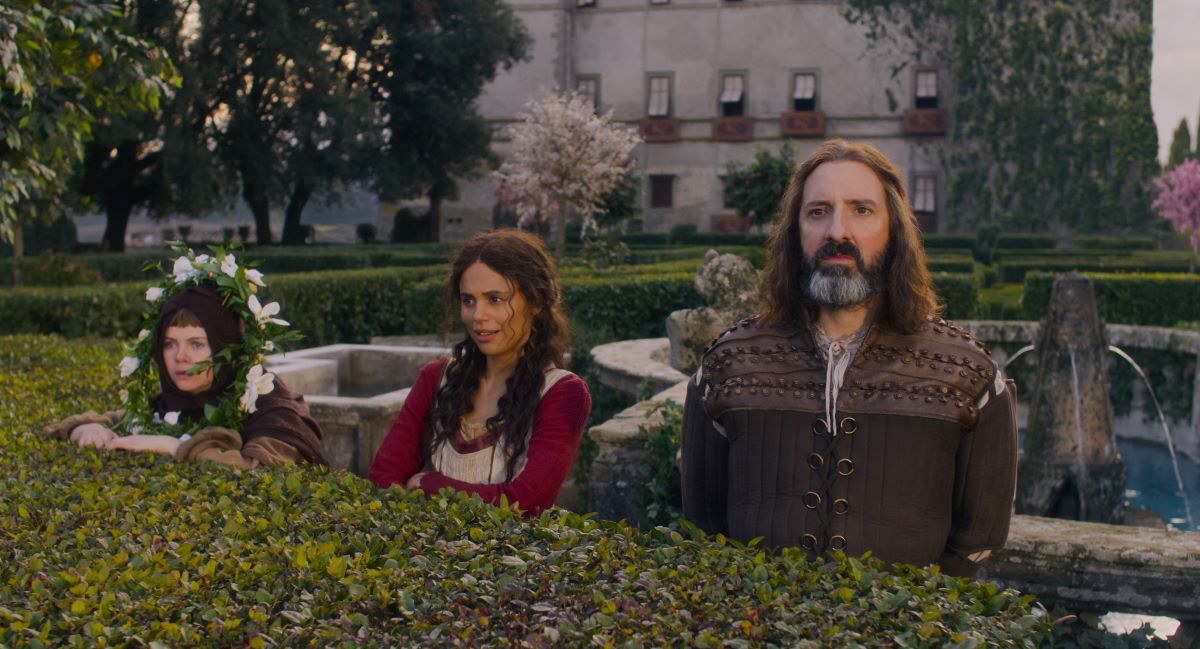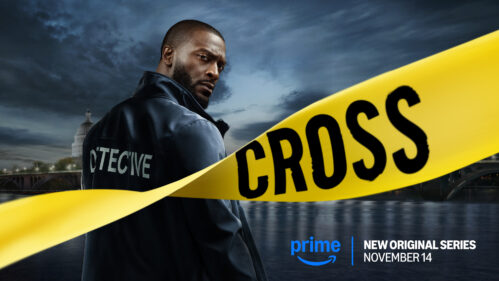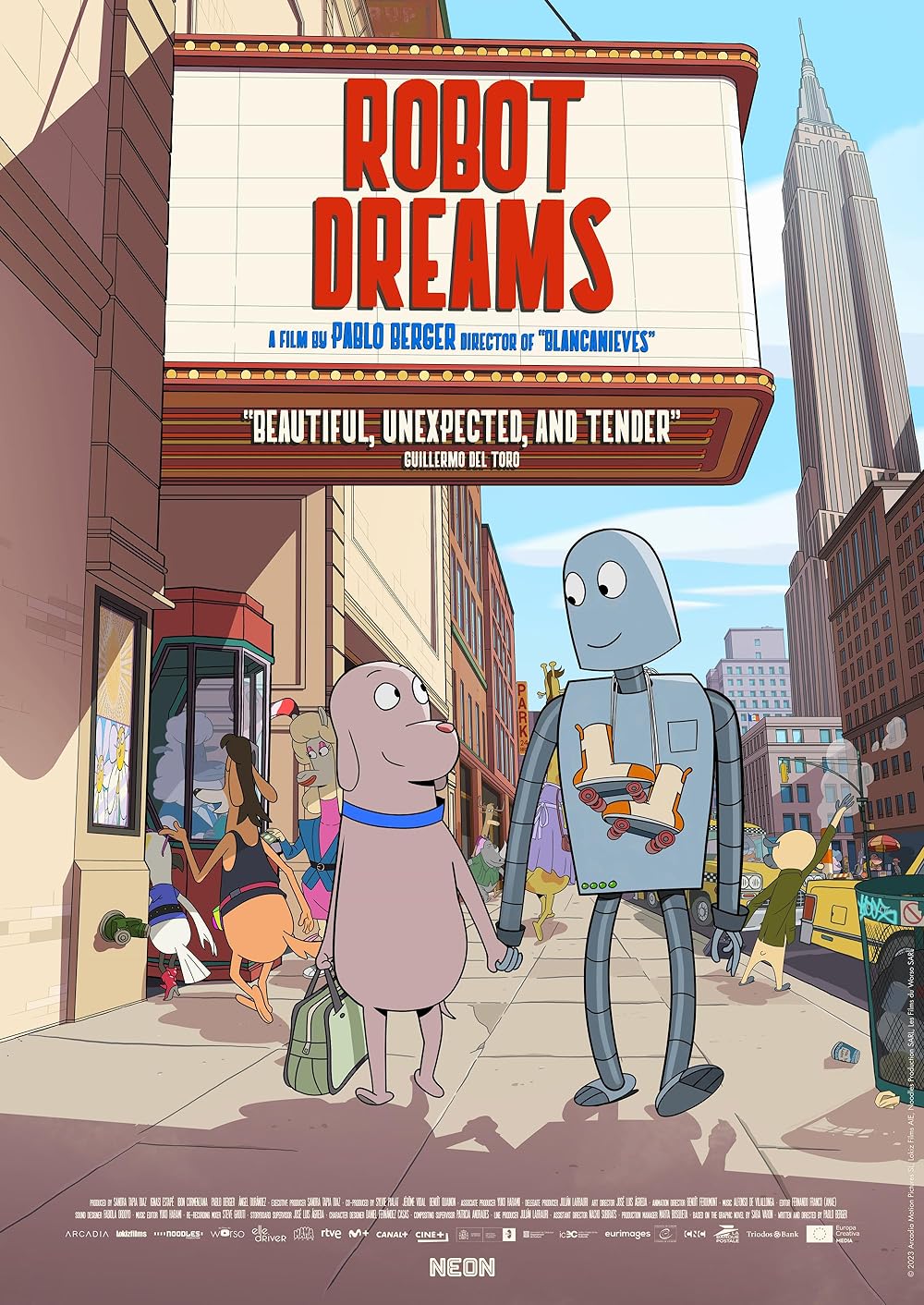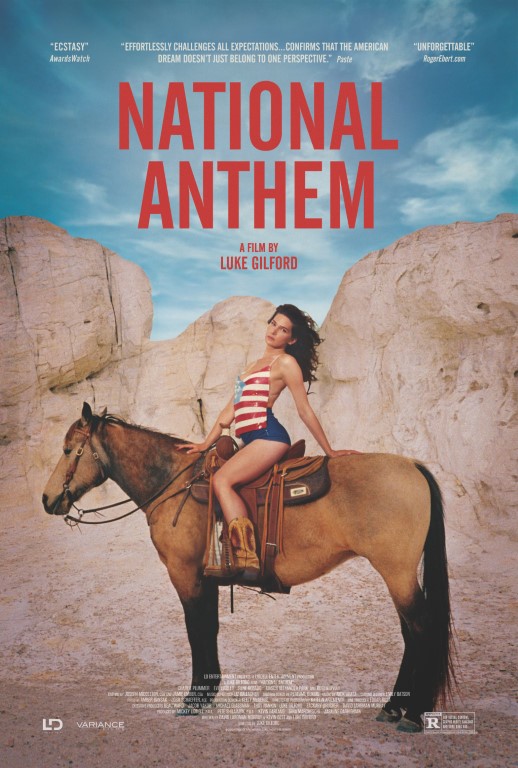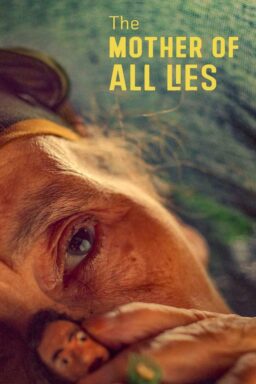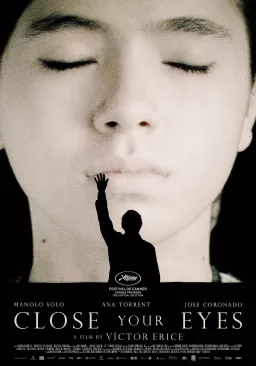Everyone from Shakespeare to Martin Luther to Pier Paolo Pasolini has taken a crack at retelling one or more tales from Giovanni Boccaccio's The Decameron. First published in 1353, the short story collection follows 10 noblemen and women as they flee Black Death-ridden Florence for a secluded villa in Fiesole. Over the course of a fortnight, the guests take turns telling stories, resulting in 100 tales, ranging from erotica, tragedy, comedy, and beyond. But just in case the viewer is led astray by the title, Netflix's new limited series borrows only the title of Boccaccio's book, and instead imagines how the guests behaved during their rural sojourn. Because it is merely inspired by and not based on the original stories, the series lacks nuance, its point of view is about as sharp as a daytime soap opera, and for the life of me I don't know how these scripts made it into production. This is perhaps the worst series to hit the airwaves since HBO's "The Time-Traveler's Wife," a feat I did not even think possible.
The cast, as is usually the case in mid-TV aiming for a prestige rep, is not without merit. As Sirisco, the steward of Villa Santa, the location of the nobles' country getaway, Tony Hale ("Veep," "Arrested Development") does his damnedest with meager material, fighting to find shades of grey in a portrayal of a proud but anxious servant who is on the verge of losing his mind. Hale's partnership with Leila Farzad, who plays the no-nonsense cook Stratilia, feels like it takes place in a completely different series. Giampiero De Concilio truly shines as the messenger Andreoli; the actor's light touch gives the part a necessary level of indifference, providing the series' few true laughs. Zosia Mamet continues to corner the market on entitled, delusional brats as Pampinea, the wealthy fiancée to Visconte Leonardo, the owner of Villa Santa; she turns up for her holiday in the country with her handmaiden Misia (Saiorse-Monica Jackson of "Derry Girls"), who is struggling to define her identity outside of her unending loyalty to her mistress.

Perhaps most impressive of all are Karan Gill and Amar Chadha-Patel. The former plays a kind but somewhat detached nobleman married to the aggravatingly pious Neifile (Lou Gala), and the latter plays Dioneo, an intelligent and alluring doctor who may or may not be preying on his nobleman friend/boss Tindaro's (Douggie McMeekin) hypochondria. Rounding out the guests are Filomena (Jessica Plummer), a young noblewoman who has thus far survived the plague with the aid of her abused handmaiden Licisca (Tanya Reynolds).
The original Decameron is, to me, an early literary version of what, in television, is known as a bottle episode: characters are held captive in a room by the writer, and what they say reveals something about them, the times in which they live, and the artist who pens them into existence. Excellent examples of this include "MILF Island" ("30 Rock"), "Cooperative Calligraphy" ("Community"), "Connor's Wedding" ("Succession"), "The Suitcase" ("Mad Men"), and "Five Characters in Search of an Exit" from Rod Serling's "Twilight Zone." But nothing about the Netflix adaptation makes sense, much less creates commentary on the past or the present. Characters make decisions that they reverse within minutes; alliances are dissolved without any real explanation; toward the back half of the eight episodes a dozen new characters enter the narrative to serve no real purpose. The soundtrack hails from the 1980s and '90s: New Order, Depeche Mode, Enya, The Pixies, Edwin Collins — the pop music needle drops of Peacock's reality dating show "Love Island" are about as edgy. Even the women's costumes do not resemble the historical record of 14th century Italian fashion; everything looks like a child's half-hearted attempt at Ren Faire attire, lacking structure and detail. The production design was clearly inspired by Federico Fellini's "Casanova," which is set four centuries after the events of "The Decameron." I suppose this is all par for the course for a new member of Netflix's catalogue, much of which looks and sounds like a mid-budget Hollywood studio film penned in the early 2000s.

In a New York Times puff piece about the making of "The Decameron," director Andrew DeYoung (he helms two episodes out of eight) gushed that series creator Kathleen Jordan ("Teenage Bounty Hunters") and the writers "did such a beautiful job of touching upon what we just went through without being didactic." Perhaps he was on the set of a different series, because the eight episodes I saw were so heavy-handed I felt genuinely depressed. Yes, the wealthy abuse their servants, flee consequences while the working class suffers, and adversity does occasionally cause them to change for the better, but these broad strokes neither reveal anything new about human psychology to us, nor are they portrayed in a way that draws us in. And it's not as though artistry and pandemics are mutually exclusive. "Station Eleven" was a vibrant take on an uncontrollable and catastrophic flu; it used Shakespeare, a brilliant color palette, humor, and science fiction to talk about love and loss. "The Last of Us" wielded stellar performances, horrifyingly realistic visual effects, and expansion of its video game origins to create something indelible. "The Decameron" is a failure on nearly every level and is a missed opportunity to show that humanity has never really changed.
If Boccaccio's wise observations about love, fidelity, wealth, morality, and class do not inform your narrative; if you are content to waste the talent of so many people on writing that wouldn't pass muster in an introductory screenwriting class, may I suggest you rename your series "Florentine Flu: Electric Boogaloo." Perhaps someone will immortalize the series in a low-effort Twitter meme: the real "Decameron," after all, was the friends we made along the way.
Whole series screened for review. Now on Netflix.

